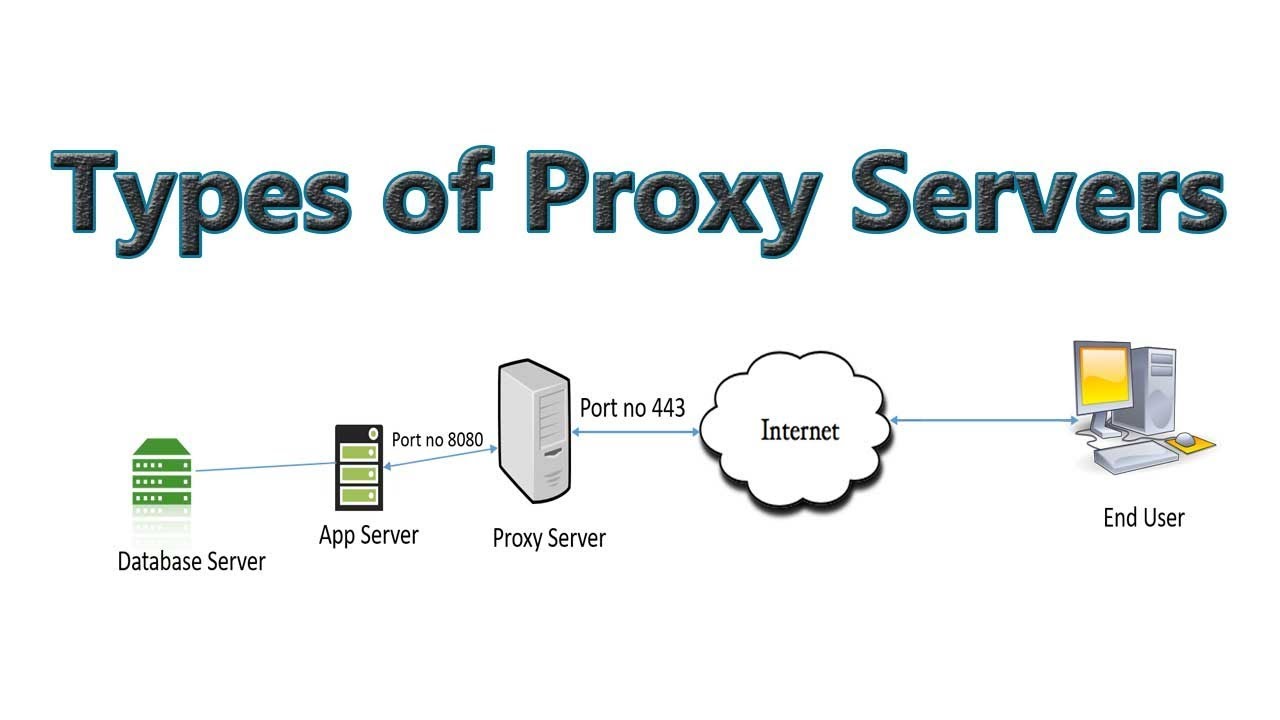What is the difference between ISP and residential proxies? What are their benefits? In this blog post, we will answer all of your questions about these two types of proxies. We will start by discussing what an ISP proxy is. Then, we will talk about residential proxies and their benefits. Finally, we will compare the two types of proxies and help you decide which one is right for you!
ISP proxies are proxies that are owned by internet service providers
They are generally used to provide access to restricted websites or for increased security when browsing the internet. Residential proxies are proxies that are leased from real people’s home connections. They offer a higher level of anonymity than ISP proxies and are often used for illegal activities such as hacking or web scraping.
While both types of proxies can be used to browse the internet anonymously, there are some key differences that you should be aware of before choosing one.
ISP proxies are usually much faster than residential proxies because they are not sharing bandwidth with other users. However, this also means that they are less anonymous, as your ISP will be able to see your activity if they are monitoring their proxy server.
Residential proxies are proxies that are owned by individuals or companies who reside in residential areas
They are IP addresses that are assigned by Internet Service Providers (ISPs) to home users.
ISP proxies, on the other hand, are owned by Internet Service Providers. They are used to provide Internet access to business and corporate customers.
ISP proxies are not typically used for web scraping or online advertising, as they are more expensive and may be subject to greater scrutiny from ISPs.
ISP proxies offer static IP addresses, while residential proxies offer rotating IP addresses
ISP proxies are provided by an Internet Service Provider and they offer a static IP address that is assigned to your account. This IP address does not change and is used to route all of your traffic through the ISP proxy server. Residential proxies are provided by companies that lease IP addresses from Internet Service Providers. These companies then assign a rotating IP address to your account. This IP address changes periodically, usually every few minutes.
Residential proxies are more expensive than ISP proxies, but they offer a higher level of anonymity and security
ISP proxies are less expensive, but they do not offer the same level of anonymity and security as residential proxies.
When it comes to choosing a proxy, there are two main types: residential and ISP (Internet Service Provider) proxies. Both have their own set of advantages and disadvantages that you should take into account before making a decision.
Both types of proxy have their own advantages and disadvantages, so it is important to choose the right type for your needs
An ISP proxy is a type of proxy that is provided by your Internet Service Provider. These proxies are usually very stable and work well for most people’s needs. However, they can be slow and sometimes unreliable.

